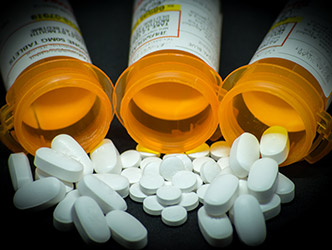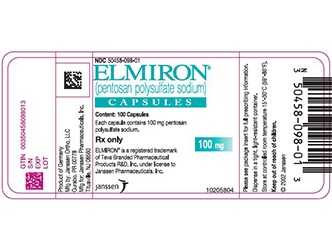Drug Recalls
Drug recalls occur when a pharmaceutical product is removed from the market due to safety concerns or defects. The manufacturer, the FDA, or both can initiate these recalls.
There are three classes of drug recalls:
- Class I: Most serious, involving products that could cause severe health problems or death.
- Class II: May cause temporary health issues or pose a slight threat of a serious nature.
- Class III: Least serious, typically involving labeling or manufacturing issues.
You can check for current drug recalls on the FDA's website or through your pharmacy. If you discover you're taking a recalled medication, contact your healthcare provider immediately for guidance. Keep records of any medications you take, including dosage and frequency, as this information can be valuable if you need to file a claim related to a recalled drug.





